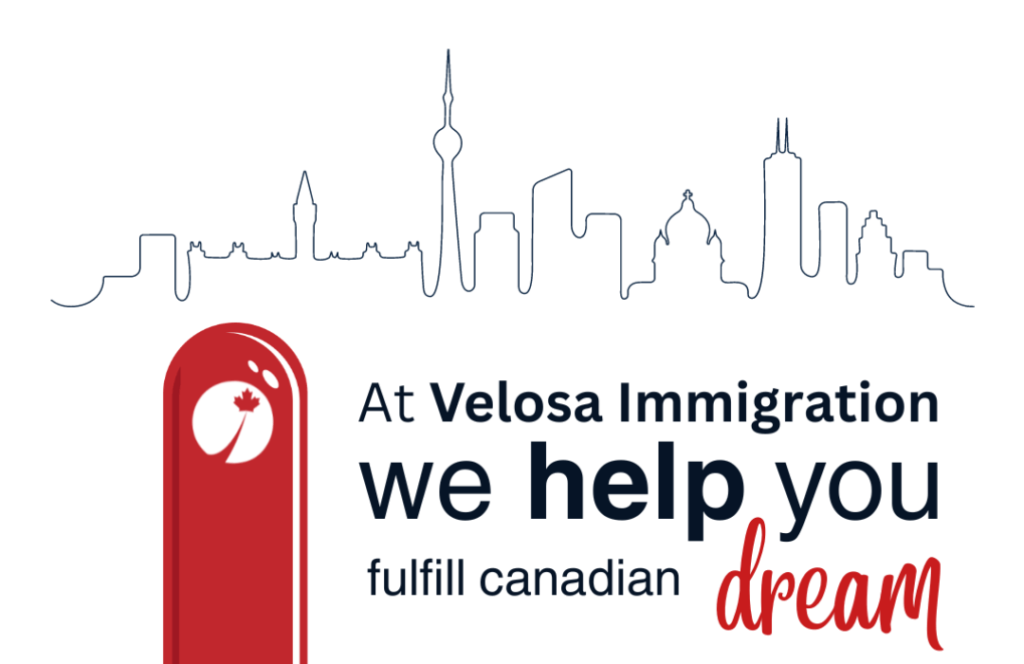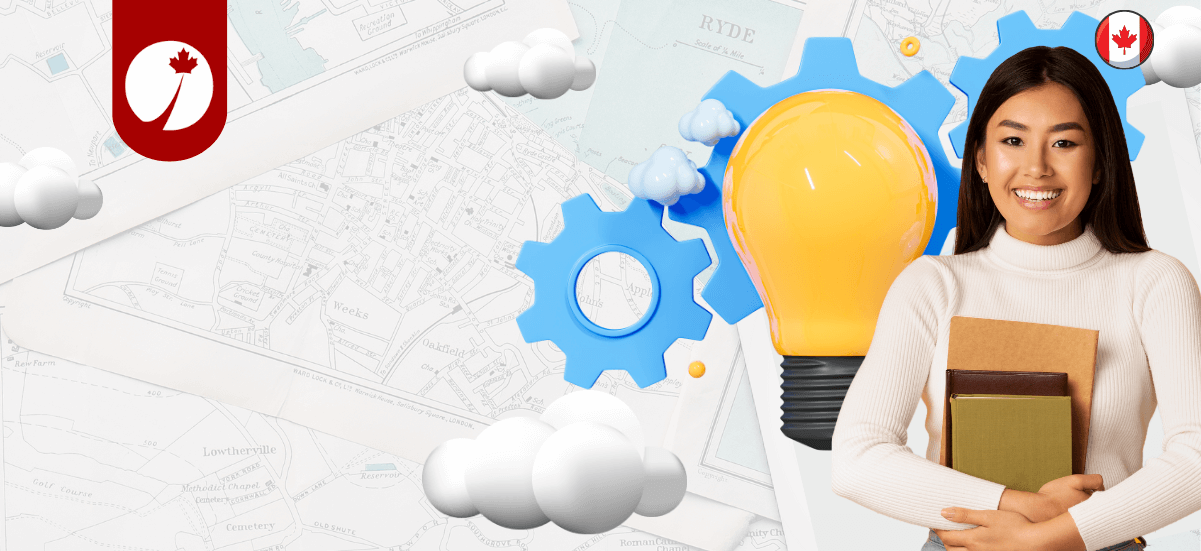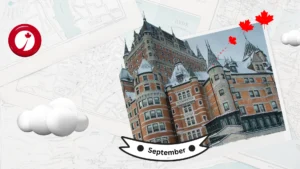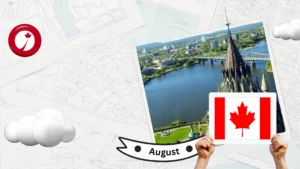Canada is one of the top destinations for international students, attracting hundreds of thousands of new international students each year. Canadian universities and colleges consistently rank at the top of international rankings. Canadian degrees and diplomas are widely recognized as comparable to those of the United States, Australia, and the United Kingdom.
When traveling abroad to study, students usually obtain temporary status in the country in which they are studying. That status often expires when their program ends, so they have to return home after graduation. Canada, on the other hand, has programs designed to help international students gain Canadian work experience after graduation and, if they wish, transition to permanent residence and eventually citizenship.
When traveling abroad to study, students usually obtain temporary status in the country in which they are studying. That status often expires when their program ends, so they have to return home after graduation. Canada, on the other hand, has programs designed to help international students gain Canadian work experience after graduation and, if they wish, transition to permanent residence and eventually citizenship.
Next, I share options available to those who are about to finish their studies in Canada and do not know what steps to follow.
1. Apply for a Post-Graduation Work Permit (PGWP)
A Post-Graduation Work Permit (PGWP) allows students who have graduated from an eligible Canadian Designated Learning Institutions (DLIs) to obtain an open work permit. The PGWP work permit is issued based on the duration of the study program for a minimum of 8 months up to a maximum of 3 years. Students can use this work experience to qualify for permanent residence in Canada.
2. Apply for Permanent Residence
Canadian work experience gained through the PGWP Program rated in Training, Education, Experience and Responsibilities (TEER) categories 0, 1, 2 or 3 helps graduates qualify for permanent residence in Canada through the Canadian experience class within Express Entry.
In some cases, the international student may qualify for a permanent residency program upon graduation. Some Canadian provinces have their own immigration programs that encourage international students to stay and work after graduation and speed up their permanent residency process.
3. Extend study permit
The expiration date on your study permit indicates when you must stop studying and leave Canada. This date is typically the length of your study program, plus 90 days. The additional 90 days give you time to prepare to leave Canada or to extend your stay in Canada.
If you want to continue studying, you need to extend your study permit. If you want to extend your study permit, you will need to enroll in a school with DLI status and apply for an extension at least 30 days before your study permit expires.
4. Change status and stay in Canada as a visitor
If you graduated from a learning institution that is not eligible for a PGWP you may be able to change your status and remain in Canada as a visitor. Keep in mind that the visitor status does not allow you to work or study a program that lasts more than 6 months. This option could help you look for a job in Canada and when you get a job offer, apply for a closed work permit.
If you graduated from a learning institution that is not eligible for a PGWP you may be able to change your status and remain in Canada as a visitor. Keep in mind that the visitor status does not allow you to work or study a program that lasts more than 6 months. This option could help you look for a job in Canada and when you get a job offer, apply for a closed work permit.
5. Leaving Canada
If your study permit expires and you have not applied for an extension, you must leave Canada. After you graduate from your degree program, you may be able to temporarily work or even live permanently in Canada. If you are interested in obtaining more information, do not hesitate to contact us.
You already know the options you have if you are about to finish your studies in Canada. Make the decision and contact us so that we can support you throughout the process.










